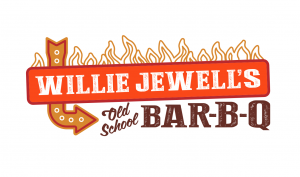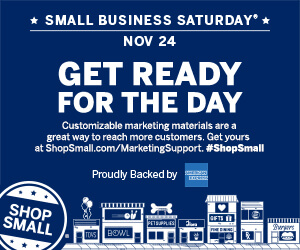Straws don’t suck… but littering does. Issues regarding improperly discarded plastic straws have many concerned about the potential impact on Florida’s waterways and environment. Florida’s incredible rivers, streams, beaches, flora, and fauna are some of the state’s greatest assets for residents and visitors alike, so it makes sense for those in the hospitality industry to be committed to ensuring our environment stays healthy. Many have chosen to be proactive in their local communities by participating in voluntary straw bans or request-only campaigns where the business doesn’t give a straw unless it’s requested by the customer.
The Challenge for Hospitality Businesses
Several local government entities across the state have chosen to adopt regulations, restrictions, and bans on plastic straws. As is often the case with local regulations, they have similar provisions, but few are exactly alike. This leaves businesses that operate in multiple locations to keep up with the intricacies of each regulation. The differences can be both confusing and burdensome for businesses to accommodate.
Every business should be free to serve its customers in the lawful manner in which it sees fit. Some companies decide that providing disposable items such as straws does not fit with their culture and identity. Others may take a different approach, and there is space for both in Florida.
Plastic straws are not, in and of themselves, evil. In fact, they serve very real and positive purposes. Straws provide necessary assistance to individuals with disabilities who may need them in order to consume their chosen beverage. Parents may choose straws to prevent in-car messes when feeding children on the go.
Be Flexible: An Alternative to Banning All Straws
So how do we strike a balance on straws? First, we must acknowledge that we each have a job as individuals to ensure the disposable items we use make it into the proper waste or recycling containers. No one believes a straw belongs on the ground or in the water, and proper disposal will help keep these items where they belong.
Second, an outright ban might not always be the answer for every customer. The hospitality industry, dedicated to the service of customers and guests, can use a two-pronged approach to meet the needs of all.
First, adopt a policy of request-only. Have plastic straws available but provide them only on request of the customer. This will significantly reduce the distribution of straws. Customers who need them will ask for them, and those who don’t need them won’t receive them automatically only to throw them away.
Second, allow for use of straws made of alternative materials. There is an increased availability of straws made by other materials such as paper, metal, bamboo, and even pasta. These are great alternatives, and many businesses may find that they serve their customers well. We should be mindful, though, that alternative materials may not be suitable for all beverages. Allow businesses to decide if these alternative materials will be satisfactory to customers, and encourage and allow for the use.
By working together and making proactive choices, the hospitality industry can lead the charge on reducing the use and improper disposal of plastic straws. Blanket bans on straws are not the answer.
This week’s blog is written by Samantha Padgett, General Counsel for FRLA. For more information on our Government Relations team, please click here. You can find information about FRLA’s 2019 legislative priorities, including straw bans, here.



 As an organization that serves local business owners and customers, the Florida Restaurant & Lodging Association (
As an organization that serves local business owners and customers, the Florida Restaurant & Lodging Association (